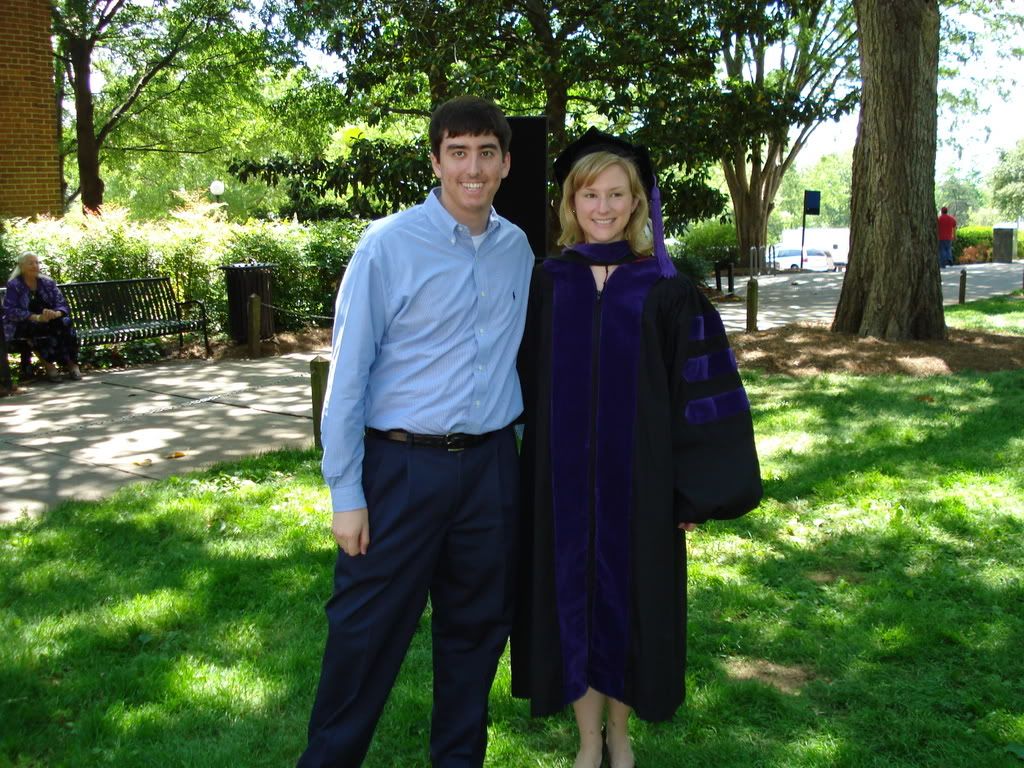Wednesday, June 20, 2007
James Joyce
After reading so much poetry, I thought it would be a relief to finally read prose again. I was wrong. Not to say James Joyce is not important in the development of the modern novel as a legitimate work of art, and I can name numerous authors who have been greatly influenced by "Ulysses," but found Joyce's writing to be unimaginative. While I am sure there are many who would disagree with me, I found Joyce's "Dublin" to be a bit pointless, or at least the section of it found in the Anthology. Maybe I am unable to grasp the subtlety of the work or the message Joyce tries to present(if he is in fact presenting one), but from what I read of the life of Maria everything seemed ordinary and altogether uneventful. The title of the excerpt from Joyce's novel suggests that Maria will die soon, given that Clay was originally used as part of that Hallow's Eve game Maria played with the two girls and that Clay symbolized a coming death. However, I saw nothing in this chapter to suggest that Maria had any illness or any enemies who would wish her dead, making the very meaning of this chapter a bit puzzling for me. Perhaps Joyce wishes to show the nature of the people in modern Ireland and he depicted a modern Irish woman's life through Maria. If this is the case then there are several places where he describes the mind set of Maria, and possibly through her the mind set of common Irish women, such as when the narrators states that, "She arranged in her mind all she was going to do and thought how much better it was to be independent and to have your own money in your pocket" (Joyce 1135). Of course, this could mean different things depending on the person reading it. For someone in Joyce's time it could mean that the people of Ireland truly did wish for independence from England and that the "own money" was a separate form of Irish currency from the English pound. All of this is mere supposition, however, as I said earlier, this particular section rather baffled me.
Subscribe to:
Post Comments (Atom)

4 comments:
I agree with you in the sense of longing to return to a bit of prose, just so I could catch my breath. I do wonder if Joyce was writing about something that we are not able to grasp in the text because we are not able to see the full picture. We have only a small piece of the puzzle and it seems to reveal less than what was expected. Then, again, he could just be writing something that is over our heads because it is?
-kyle
Jay,
I appreciate your effort to wrestle with the meaning of Joyce's "Clay." I think if he had wanted to make a clear, straightforward and old-fashioned short story, he could have; the key is to ask why he did not want to, and why he instead told the story this way. I think the Moderns were experimenting with the New in literature, trying to do anything rather than keep going through the same motions as their Victorian predecessors. The results are often not clear or accessible, nor meant to be.
As much as I longed for prose Joyce was not the place I was hoping to find it! I am afraid I will never be able to truly enjoy reading Joyce but I did try my best! I agree that Joyce was very vague in his meanings but much like Blake I think he does this purposely. Now why he does that is a mystery to me, but I think it is important to recognize that his lack of meaning or depth is there for a reason. You wrote about your confusion with the title becuase you did not sense any illness, I think you may have taken the title a little to literally. Is it possible that the death was more symbolic? I took it to mean that a certain part of her like (whether emotionally, mentally, etc.) was dead or dying.
I thought that James Joyce's clay was puzzling as well. It was hard for me to connect the ending when she picked the clay that foretold her death to her everyday life which seemed pretty ordinary. I liked your take on the story. I agree with Mary Beth that maybe the death was symbolic of her dying inside. She doesn't seem to have any family or anyone she is really close to. Nice job tackling such a difficult passage!
Post a Comment